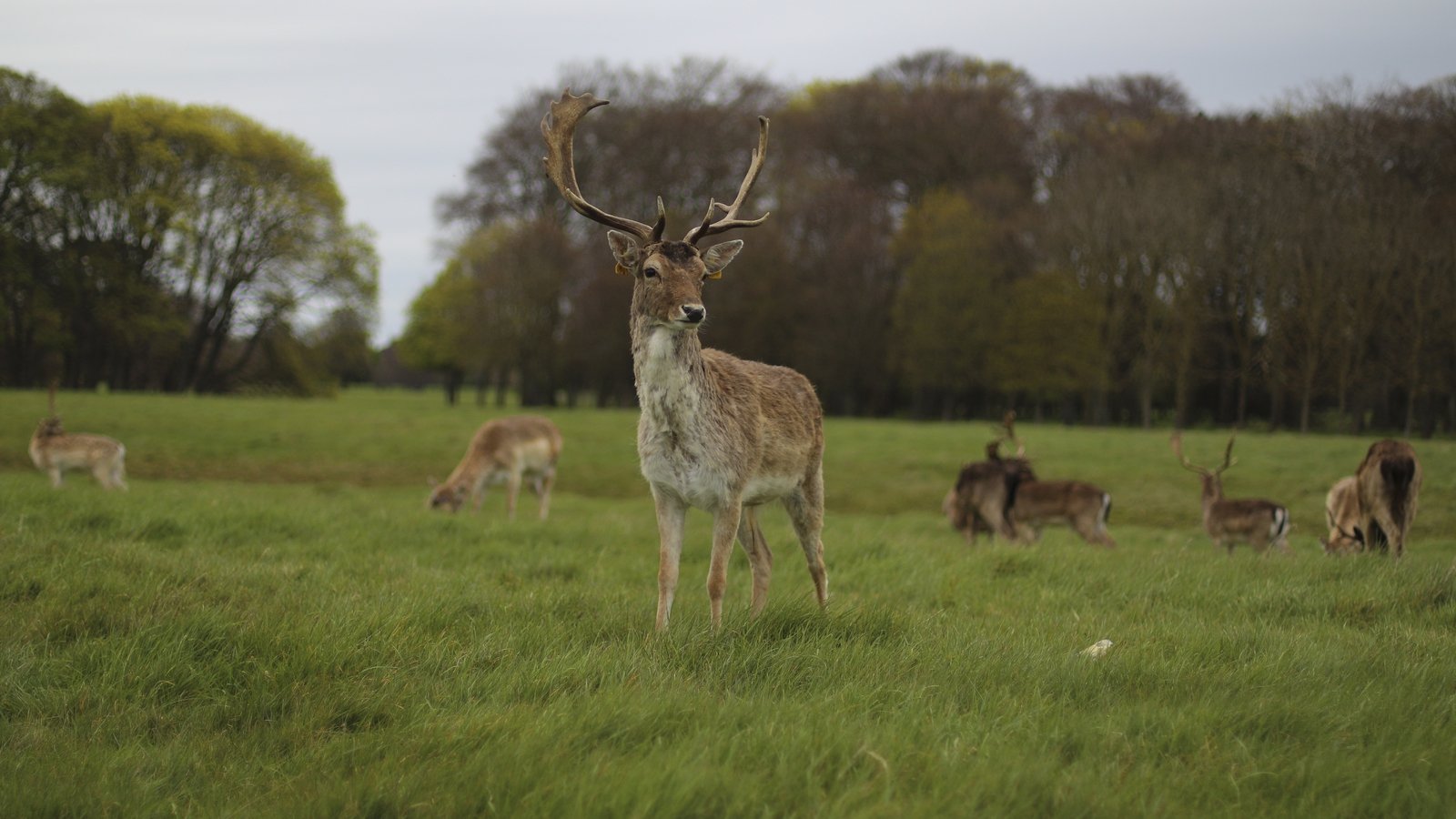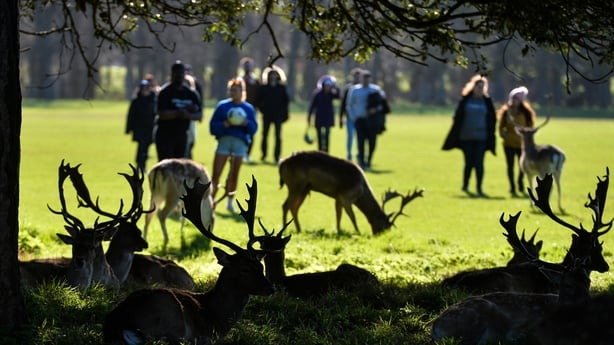World
People feeding Phoenix Park deer causing ‘health issues’

Deer in Phoenix Park have health and behavioural issues as a result of being fed by people, according to research from scientists in University College Dublin.
The Office of Public Works is launching their ‘Don’t Feed the Deer’ campaign in the park.
The issue has been raised again in response to new UCD research highlighting the detrimental impact that feeding by humans has on the approximately 600 fallow deer in Dublin’s largest park.
Jane Faull, a PhD researcher in behavioural ecology, has been studying the deer in Phoenix Park. She told RTÉ’s Morning Ireland that the main message of her research is that people should let the deer be and try to keep at least 50 metres away from them wherever possible.
Ms Faull has been tracking the health and behavioural issues in the deer as a result of being fed by people.
As well as testing positive for the Omicron strain of the Covid-19 virus, deer fed by people in the park have a physiologically changed digestive tract.
Mothers who are fed by people have larger fawns which could cause issues with birth if this trend continues, Ms Faull said.
While stags fed by people have worse antlers which hurts their chances of getting a mate, she said.
Ms Faull added that it is not known what viruses can be passed between humans and deer and this is another reason for people to keep their distance.
Only about 25% of the deer in the park accept food from people. Ms Faull explained this means that they are over-fed compared with their fellow herd members.
It also means that the majority of the herd are not as comfortable with people getting so close.
Ms Faull has observed the deer acting stressed when people are close by. Stress behaviours include bolting from the herd all of a sudden and the deer packing themselves too tightly when lots of people are around.
Ms Faull added she regularly observes near-misses for both people and deer where people only just avoided being knocked by a deer or a deer only just avoided being hit by a car.

Several walkers in the park said they regularly saw people approaching and feeding the deer.
One person who walks in the park every day after work said she saw people feeding deer “all the time”.
“Fruit and nuts usually,” she said, but added she has seen the deer be given bread by people.
Another person said that he is often in Phoenix Park and sees a lot of people getting close to the deer to feed and touch them.
One person added that she had only been in the park two or three times but would never feed the animals.
“I don’t have food on me that they can eat. I leave them in peace, and I enjoy the visual,” she said.
One person said he knew that feeding the deer bread was not good for them, but he still feeds the animals sometimes with his mother.
He added the deer in the park are “really friendly”.
One family had travelled from outside Dublin to come to Phoenix Park for the day and were about to set off looking for the deer.
They had brought toast to feed the deer.
“We have food in the car. We’re going to feed them and we’re going to take loads of pictures,” they said.
As Ms Faull conducts her research on deer behaviour she does not interfere if people are feeding deer.
She said that they mostly observe people feeding the deer apples and carrots, which are not part of a fallow deer’s natural diet.
Most people appear to come prepared to give the deer food she said, but some people come up to deer rummaging in their bags for food. She said she has seen deer be fed bread, chips and crisps.










